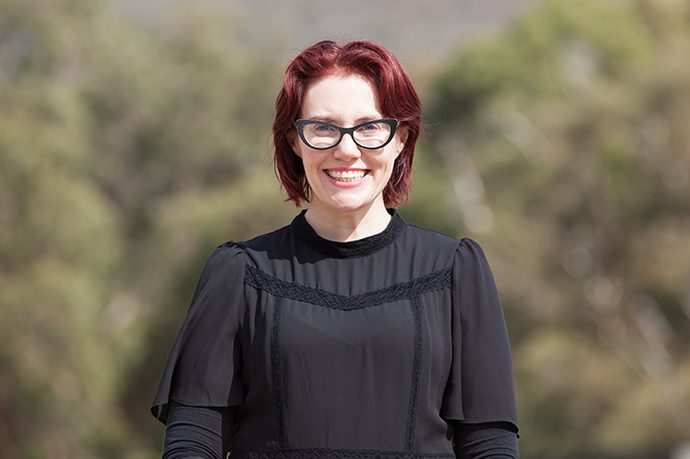
ANU researchers have established Canberra’s first Brain Cancer Biobank, which stores brain cancer biospecimens and genomic data from patients treated at Canberra Hospital.
Prof Leonie Quinn, Canberra Brain Cancer Collaborative Lead, said that while survival for many cancers had increased significantly in the past two decades, outcomes for brain cancer patients remained poor.
“The biobank will enable more personalised treatments, which are critical to improving survival rates and quality of life for people diagnosed with the disease. It will secure the ACT as a health research hub and improve the clinical experience of cancer patients around Australia.”
The Canberra centre will contribute to Brain Cancer Biobanking Australia, which is a virtual biobank hub that allows researchers around the country to access brain cancer tissue, samples and data.
The information gathered by the biobank enables researchers at ANU’s John Curtin School of Medical Research to create 3D bio-printed “mini brains”, allowing them to analyse how tumours grow and respond to treatment, and trial new therapeutic drugs tailored to each patient.
Canberra Brain Cancer Collaborative created the biobank using a $300,000 grant awarded in 2022 from the ACT Health Research Innovation Fund.
Who can be trusted?
In a world of spin and confusion, there’s never been a more important time to support independent journalism in Canberra.
If you trust our work online and want to enforce the power of independent voices, I invite you to make a small contribution.
Every dollar of support is invested back into our journalism to help keep citynews.com.au strong and free.
Thank you,
Ian Meikle, editor





Leave a Reply